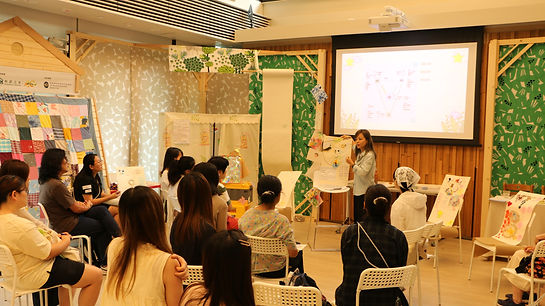

Follow-up Workshop after the Symposium
Rethinking Childhood Trauma: A Brain-Based Perspective for Helping Professionals
Many helping professionals encounter challenges with clients who endured adverse childhood experiences (ACE): resistance to change, stalled progress, and limited time for in-depth interventions. This half-day workshop, co-led by psychologist Prof. Jee Hyun KIM and psychiatrist Dr. William CHUI, provides a brain-mind perspective on how trauma shapes memory, emotion, and behavior, and what we can do about it.
Prof. KIM Jee Hyun explores the neurobiology of memory and forgetting in childhood trauma, highlighting their roles in mental health across the lifespan, age- and sex-specific mechanisms, and implications for trauma-informed care.
Dr. CHUI Wing Ho, William examines how ACE disrupts brain development and entrenches fight–flight–freeze–fawn patterns. He will share practical steps that can accumulate into meaningful change in the brain-mind system, with the goal of out-growing the ACE.
Seats are limited, don’t miss this opportunity to learn together!
Workshop Details
📅 26 November 2025 (Wednesday)
🕘 9:00 AM – 1:00 PM
📍 FellowSPACE
28/F, Tower A, Southmark, 11 Yi Hing Street, Wong Chuk Hang
🗣️ Conduct in English
🎫 Quota: 50
💰 HK$800 (Early Bird Fee: HK$600, payment on or before 10/11/2025)
👥 Target Participants
-
Social workers
-
Counsellors
-
Psychologists
-
Pastors
-
Nurses
-
Medical practitioners
-
Others in helping and caring professions
Registration Deadline: 21 November 2025
CPD Points: 4 (In application)
Attendance Certificate will be provided to participants upon request
Rundown